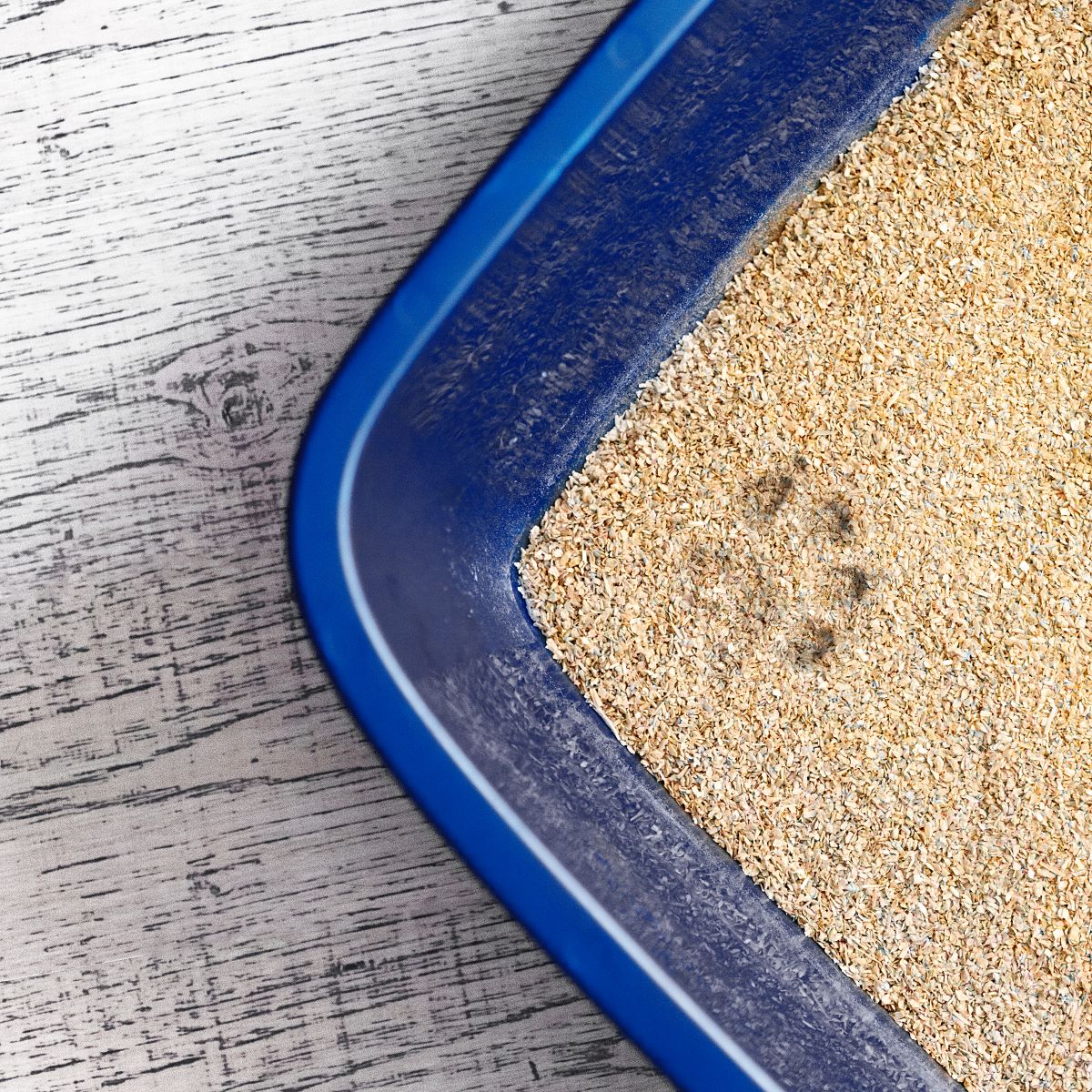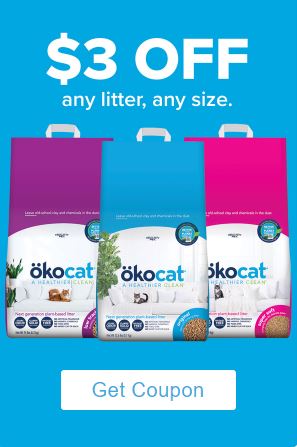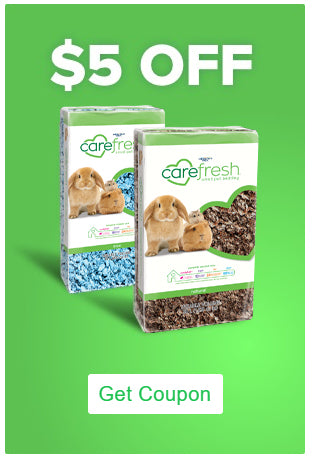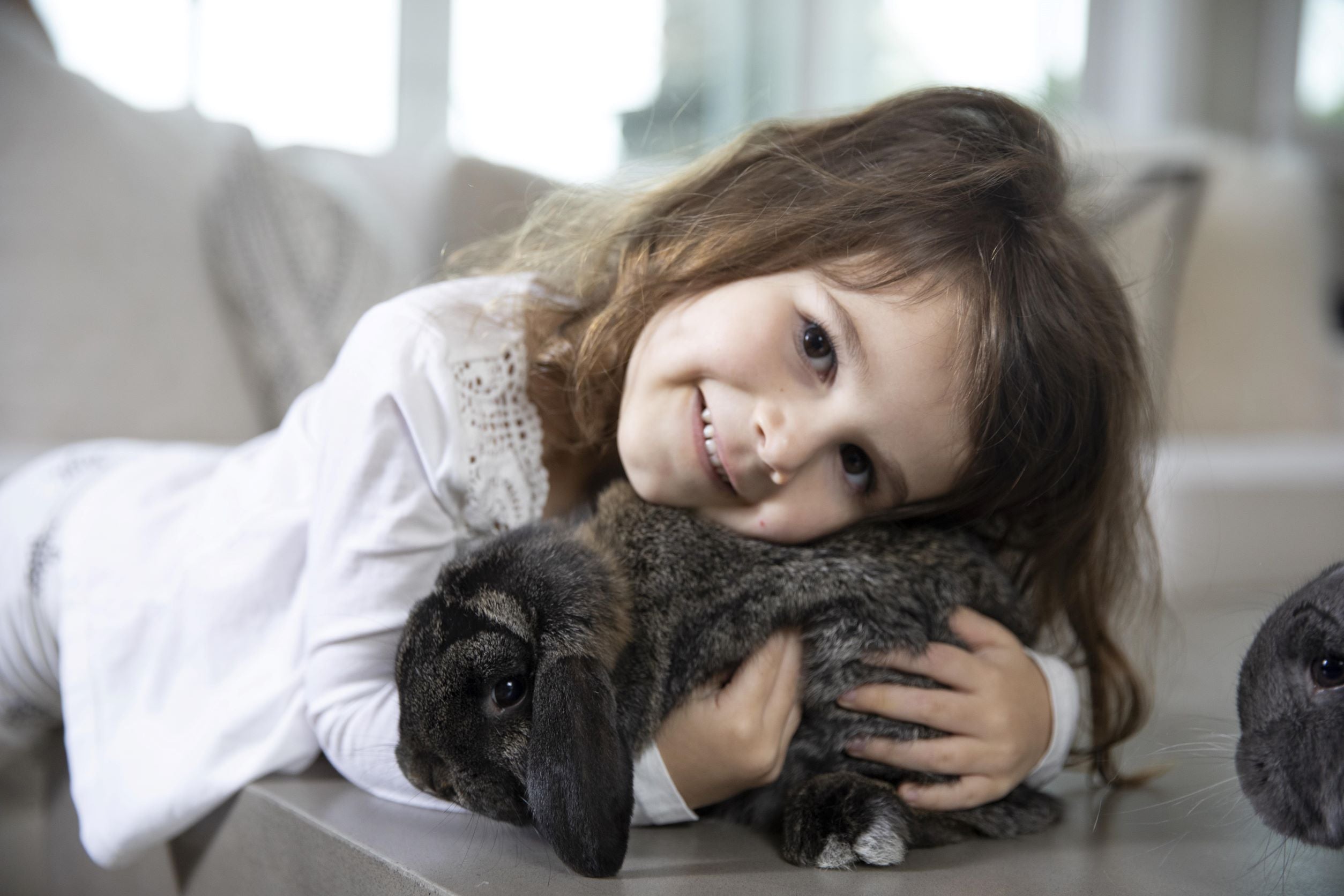Are Hamsters the Ultimate Pet?
Are you considering a fluffy addition to your family, one that fits snugly in the palm of your hand and charms you with its tiny antics? Look no further than the humble hamster! These pint-sized bundles of energy have been winning hearts around the world for decades, and for good reason. Today, we delve into why hamsters make such fantastic pets, especially when pampered with carefresh small pet paper bedding and spacious habitats.
The Charm of Hamsters
First things first, let’s talk about their irresistible charm. Hamsters are undeniably cute with their plush fur, twitching noses, and miniature paws. Whether they’re munching on a sunflower seed or zooming around in their large wheel, their playful antics are guaranteed to bring a smile to your face.
Why Choose a Hamster?
Hamsters are ideal for both seasoned pet owners and first-time caregivers. They’re relatively low-maintenance, making them perfect for busy individuals or families looking to introduce a pet into their home. These little critters are independent yet sociable, enjoying interaction with their owners while also content to explore their own miniature world. That's why they make such a great choice for a classroom pet too!
carefresh Bedding: A Soft, Dry, Comfortable Home
One of the keys to keeping your hamster happy is providing them with a comfortable living environment. carefresh bedding is a game-changer in this regard. Made from scratch using natural paper fibers, this bedding is not only soft and comfy but also super absorbent, helping to control odors and maintain cleanliness in their home. Plus, it’s biodegradable and eco-friendly – a win-win for both your pet and the planet!
The Importance of a Spacious Habitat
Now, let’s talk real estate – hamster style. These furry friends may be small, but they thrive in large habitats where they can scamper, burrow, and explore to their heart's content. A roomy habitat allows them to exhibit natural behaviors like digging tunnels and nesting, promoting both physical and mental well-being. Remember, a happy hamster is a healthy hamster!
Hamster Care 101
Caring for a hamster involves more than just providing a comfy cage and tasty treats. Regular cleaning of their habitat, fresh food and water daily, and occasional vet check-ups are all part of responsible hamster ownership. Luckily, with a bit of love and attention, these adorable creatures will reward you with endless entertainment and companionship.So, are hamsters the ultimate pet? If you’re looking for a small, lovable companion that doesn’t require a huge time commitment but still offers plenty of personality and charm, the answer is a resounding yes! Equip them with carefresh bedding for a comfy, dry home, provide a spacious habitat to explore, and watch your hamster thrive in its own tiny kingdom. With the right care and environment, your hamster will not only be a delightful addition to your family but also a constant source of joy and affection. Ready to embark on this fluffy adventure? Your new hamster friend awaits!
Read More5 Quick Tips for Proper Hamster Care
Many of us love our small animals and would do anything for them to make sure they are happy. It is important we care for them to the best of our ability. This includes putting the extra effort into learning about their needs and providing them with those things. Hamsters can make great pets but do require a good amount of care so that they can live a happy life. There are many key factors that go into giving a hamster proper care so they can thrive. Some of these include enclosure size, the amount of bedding provided, wheel size, cleaning their enclosure, and giving them enrichment to prevent boredom. It is not only important to provide them with these things, but to make sure you are giving it to them properly!
1. Large enough enclosure
It is a common stereotype that since hamsters are small, they should live in small cages. This is very untrue. Small cages do not allow enough space to fit a proper sized wheel, hides and tunnels, allow burrowing, and other basic needs. Hamsters are highly active animals, so when not provided enough space, they commonly will show signs of stress. This can include bar biting, constantly trying to escape, and showing aggressiveness. To avoid this stress, I recommend giving a hamster at least 800sq in. of unbroken floor space, but more is always better and recommended!
2. Deep enough bedding
Hamsters are “natural burrowers”, therefore in the wild they build deep tunnels and burrow underground. It is important we always give them the option to do this so they can act on their natural instincts. I recommend providing at least 8” or more of bedding at one end of the enclosure giving them a “deep end”. As always, more is always recommended. Providing deep enough bedding will allow them to replicate what they do in the wild.
3. Cleaning their enclosure
When a hamster has a properly sized enclosure, this can make the cleaning process easier. It is never recommended to fully empty and replace the bedding in the enclosure completely, but to “spot clean”. This means removing and replacing bedding from the areas where your hamster pee/poo’s in, but leaving other clean areas left alone. Hamsters tend to choose certain spots to do their business, so cleaning those areas is the most important. When emptying the whole enclosure, this removes their scent and causes stress.
4. Proper sized wheel
Since hamsters are such active animals, they need a wheel to allow them to get exercise. Hamsters can run up to 5 miles a night, therefore, are running on their wheel for long periods of time. Their wheel should be comfortable for them to run on. This means it needs to have a smooth and solid surface, upright, and most importantly large enough. Syrian hamsters should have a wheel size of 11”-12” in diameter while a dwarves wheel should have a diameter of 8”+. A large enough wheel will prevent your hamsters back from curving while they are running!
5. Enrichment
Since a hamster's life is mostly spent in their enclosure, they need enrichment to keep them busy and provide them with mental stimulation. You can have a large enough enclosure but should also provide activities for them to engage in or they may get bored. Since hamsters are naturally clean animals and cannot have the traditional bath with water, providing sand is an important enrichment that allows them to clean themselves. Not only this, but they enjoy digging and playing in the sand as well! Some other enrichment options can include scatter feeding their dry food to encourage foraging, providing chew toys, hideouts, and tunnels.
Overall, there are many important factors that play a role in proper hamster care. Yes, a hamster can survive without these things properly given to them, but they will not be thriving. Therefore, it is especially important to provide these needs for your hamster, so they can live their best life!
Guest Post by Haley M. @honeythehamster28 (above photos are all taken by her) - be sure to follow her for more great hamster care and adorable photos!
Read MoreTips & Tricks for Bonding With Your New Small Animal Pet & Introducing a Companion
Playtime and socializing are an essential part of being a small animal pet parent. As with everything when it comes to your new pets, start gradually. Once you’ve let your new furry friend adjust to their new home then you’re both ready to have some playtime!
>>> Read more about getting a new small animal pet
Whether you are going to just sit together and cuddle or let them roam a bit on their own, always make sure your space is ready and safe for playtime. Put away anything you don’t want your pets to get into or chew on like electrical cords, and keep loud noises to a minimum, close open windows and doors so they do not escape.
When picking up your new pet, use both hands and be sure to support its bodyweight. Be gentle but firm, holding its feet against your body, and take care when you put it back down on the ground. Always supervise young children to make sure they are handling them gently.
Have toys, tubes and a hidey place available to them, as well as a few small fresh treats.
DO go slowly with socialization. Start with sitting beside them and letting them sniff you – once they get used to you, you can start to pet them and eventually pick them up. Try limiting initial handling to a few minutes at a time.
DON’T ignore signs of distress. A scared bunny may cower, squeal or grunt and thump the ground with its feet, while a nervous guinea pig might wee on you, and a frightened hamster may try to bite. If your pet displays any of these behaviors, put them back in their habitat and try another time. Be patient and in no time they will be interacting and snuggling.
Tips for introducing companion pets
Most small pets except hamsters are social and need a companion. In a perfect world, you would be adopting your rabbits or guinea pigs at the same time. The smoothest transition is likely with littermates, previously bonded pairs, or babies, but that may not always be an option. Neutered males and females often make great pairs, as does two females, but we would advise against more than one male cohabitating as they can become aggressive or compete for resources.
When you bring your companion home, do not put them straight in your other pet’s habitat. Once again, it is very important to move forward gradually!
Start by placing two habitats near each other so they can adjust to each other’s presence without feeling threatened. Allow them to swap scents by putting a bit of bedding from each habitat into the other.
Then you can progress to physically introducing them in a neutral space, like a different room than they are used to or a playpen, without lots of distractions in the environment. Provide them with places to hide if they are nervous, but with two open ends so they don’t get cornered. And offer them some fresh veggies as a distraction and so they may associate positive feelings with each other.
Keep these initial introductions supervised and short, around 15 minutes, you can gradually build up the duration as long as they remain happy together.
At every step on this process, make sure to monitor their behavior closely! Look for signs your animal is happy. These are the clues you need to see to progress to the next step. Look for behaviors like grooming each other, squeaking to each other, sniffing each other, spending time close together and ‘popcorning’ for guinea pigs or binkies for rabbits. These are good signs! Don’t be alarmed if your rabbits try to mount or chase one another, this is to be expected and as long as the other doesn’t become aggressive they are ok.
If your pets show no signs of aggression and have taken to each other, then you get the green light to allow cohabitation. Just make sure their habitat is large enough for two or more. The bigger the better!
Read MoreHelpful tips for a healthy diet & fun playtime with your new small pet guinea pigs, rabbits or hamster
Deciding to adopt a new small pet and choosing the right one can be a big decision! Be aware of all their special needs and behaviors to ensure you are choosing the right furry friend so you can provide the very best care they deserve.
carefresh is here to give you some helpful tips to ensure your new small pets live a happy, healthy life!
Your Small Pet Diet Needs:
The perfect diet for your small animal will vary by species, but most share common threads like always making sure they have plenty of fresh water!
Rabbits, guinea pigs and chinchillas are herbivores and have some similar dietary requirements. They all need a constant supply of nutritious Timothy Hay which should make up 75% of their diet with essential fiber for digestion, dental care and enrichment, along with a pellet food that is specially formulated for them.
Guinea pigs, like humans, are unable to make their own vitamin C. Because their bodies cannot synthesize or store it, they need to receive around 10-30 mg per day through their diet. Guinea pigs that don’t get enough vitamin C are at risk for scurvy.
Dark leafy greens and fresh vegetables daily are a great source of vitamins and minerals and all natural treats like strawberries or apples can be given occasionally.
Hamsters and gerbils, on the other hand, are omnivores and thrive on a high-variety diet consisting of high fiber seeds daily, fresh vegetables and dark, leafy greens every 1-2 days, fruits (no citrus) 1-2 small amounts per week, insects and nuts. (Hamster hideout forum has a great list of foods and how much, how often) http://hamsterhideout.com/forum/topic/96457-safe-and-unsafe-foods-for-hamsters/
Rats are also ominvores but need higher protein with plenty of dark greens and veggies
Be sure to follow the feeding instructions on the bag and consult your veterinarian with questions regarding proper feeding amounts.
Introduce new foods gradually and watch for any abnormal behaviors. Small pets have very sensitive digestive system, contact your vet if you notice anything amiss, from lethargy to bloating or constipation.
Be careful not to overfeed treats as it will encourage your pet to refuse their nutritious foods or become overweight.
Providing a well-balanced diet is just one part of giving your pet the best care and attention.
Providing the best home for your new small pet:
Guinea pigs and rats, especially need a mate and should always be adopted in pairs. While certain species of hamsters will become very aggressive if they share a home with another hamster. If you are adopting more than one new pet at a time, make sure to scale up their habitat accordingly!
Our sweet small pets are typically very social creatures and will need lots of human interaction. But remember to start slow! To get your new pet used to your presence, you can start by feeding them treats by hand or spending time near their habitat reading or speaking to them gently.
Provide as large of a habitat as possible – remember, bigger is better, with plenty of soft, absorbent carefresh bedding. Spot-clean daily with a full refresh and deep clean every 7-10 days.
Guinea pigs and rabbits need time outside of their cages each day for exercise and play. You’ll want to animal proof their play area and be sure to watch them closely! A playpen works great. If they free roam in your home, be sure to remove or protect any cords, wires, or other hazards.
Small animals have teeth that continuously grow! This is one of the reason hay is so essential for rabbits and guinea pigs, but toys can also help. Providing your small pet with toys will help with mental stimulation and teeth maintenance.
Dry branches from untreated trees, wooden chew toys for birds, any unfinished, unpainted wicker or straw baskets are perfect chewing toys! Toilet paper/paper towel rolls, small empty cardboard cartons also work and are inexpensive.
Hamsters have lots of energy and love to run it out on their exercise wheel! Just be sure it’s large enough so their back stays straight and is anchored so it won’t tip over.
You can easily make sure your pet is feeling your love by providing plenty of space for their home and lots of soft, absorbent carefresh bedding to encourage nesting, playing and burrowing. Just spot-clean daily with a full refresh and deep clean every 7-10 days. Which is the perfect time to switch to a new color or theme!
It’s fun to decorate their home for each season or holiday.
Now that you know more about caring and feeding your small pet, be sure to watch our other videos for other helpful information and tips from carefresh.
Read MoreBringing home your new small pet: best care tips for hamsters, guinea pigs, rabbits & more
Did you know small animals can make a wonderful pet?Small pets are a great way to teach responsibility, are usually affordable, work well in smaller homes and spaces, and most are generally easier to care for than larger pets. With proper care and attention, they are a wonderful addition to the family. We can’t wait to share a few tips on how to provide a loving home and the very best care.
When deciding on what kind of small pet to get, keep in mind you may need to get at least two. Guinea pigs and rats for example are very social and need a buddy. Hamsters however are better with just one. Also consider how much space you have for their home and play.
Hamsters are solitary, nocturnal, independent and love to burrow and run on their wheel at night
Guinea pigs are gentle, sweet and sociable so they need a companion/buddy, and can make an ideal first pet
Rabbits are also gentle and sociable, best with a companion, and can be trained to use a litter box
Rats are very smart and social and can learn fun tricks
Before you bring your new pet home, it's best to get their new home all ready for a happy homecoming. It's much easier and less stressful if you purchase supplies and get everything setup before you bring them home.
Small Pet Supply Checklist
It will vary slightly by animal but generally these are the basics you need:
Pet carrier for transportation home and vet visits
Appropriate large habitat with ample room for your pet to play and plenty of space for everything they need – Bigger is Better! It's fun to watch them burrowing and building tunnels or popcorning in the bedding.
Avoid wire bottomed cages, as this poses a risk of injury for their small and delicate feet
Plenty of carefresh soft, absorbent paper bedding for nesting and burrowing. It’s unscented, no soggy mess, easy to clean up, with lots of fun colors to choose from
Food & water dishes that won't tip over or a water bottle that hooks on the side
Appropriate food including fresh hay, pellets, treats, fresh fruits and vegetables, dark leafy greens
Toys and accessories to keep them busy! It’s so much fun to watch them exercise on their wheel or run through a tunnel:
Wood, wicker, cardboard, etc for chewing and entertainment and to wear down their teeth
Tunnels or wheels for exercise, make sure the wheel is large enough to avoid back injury, no wires or mesh
Hidey House: small pets need a place to seek shelter and feel protected.
Small litter box and carefresh rabbit & ferret litter (for rabbits, ferrets or any small pets that use a litter box)
Appropriate grooming tools
Sand bath for those pets that cannot be bathed in water
Playpen for safe social time
It's all about the location
Now that you have all the supplies, it’s time to have some fun setting up their home. Make sure to put their habitat in a well-lit area out of direct sunlight, with good ventilation, not too hot or cold.
Remember that most small pets are social creatures and will enjoy being able to observe you throughout the day; however, hamsters are more nocturnal and can get a little noisy at night running on his wheel!
Start by putting 2-6 inches of carefresh bedding in their habitat, or even more bedding off to one side or corner to give them ample space to burrow or nest—gerbils and hamsters will especially love you for this!
Then add all the accessories, being sure to secure the water bottle or water dish. Be creative!
Now you are ready to bring home your new pet!
Bringing them home
Your pet will need time to adjust to their new home. Keep your interactions to a minimum for the first few days, changing out their food and water when they are sleeping—give them time to feel safe.
Sit nearby and speak gently to them, letting them adjust to your presence and the sound of your voice. Observe them for any odd behaviors and contact your vet if you notice anything concerning.
As soon as your little ones are more used to their new home, start socializing with them and playing with them, a little more each day. Some small animals do not like to be held a lot but they may enjoy lots of soft petting – guinea pigs and rats even purr!
Be sure to handle them very gently. Small children should always be supervised.
Hamsters will squeak out of pure joy when being fed, running on a wheel, or receiving a new toy to play with, and guinea pigs make the cutest noises when they are happy.
Now you can provide the very best care and have FUN with your new small pet!
Read MoreFilter - Key Words
- bedding
- beding
- biodegradable
- Bunny
- carefresh
- cat health
- cats
- CritterCare
- diet
- dog
- donation
- ferret
- food
- Guinea Pig
- habitat
- hamster
- health
- Healthy Pet
- kitten
- Leadership
- litter
- multi
- okocat
- ökocat®
- paper bedding
- pet love
- pets
- puppy
- Rabbit
- safety
- small animal
- small pet
- sustainable
- tracking
- Vet
- Veterinarian








 email us
email us